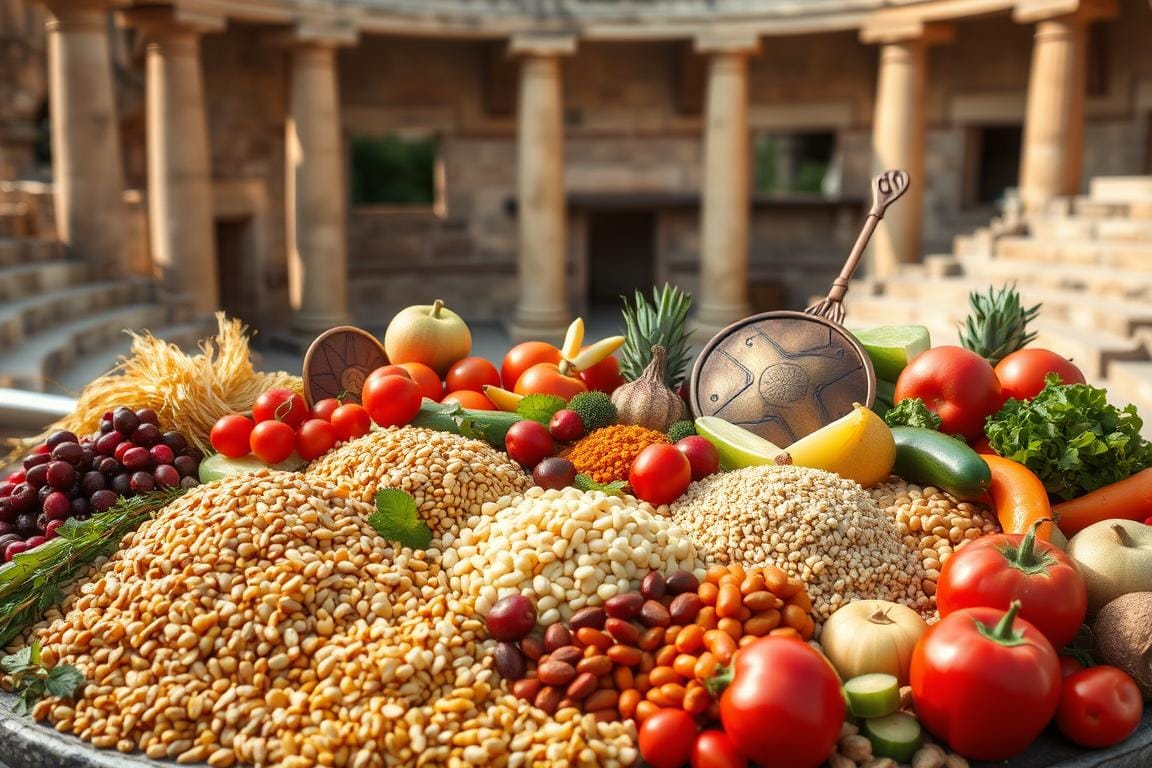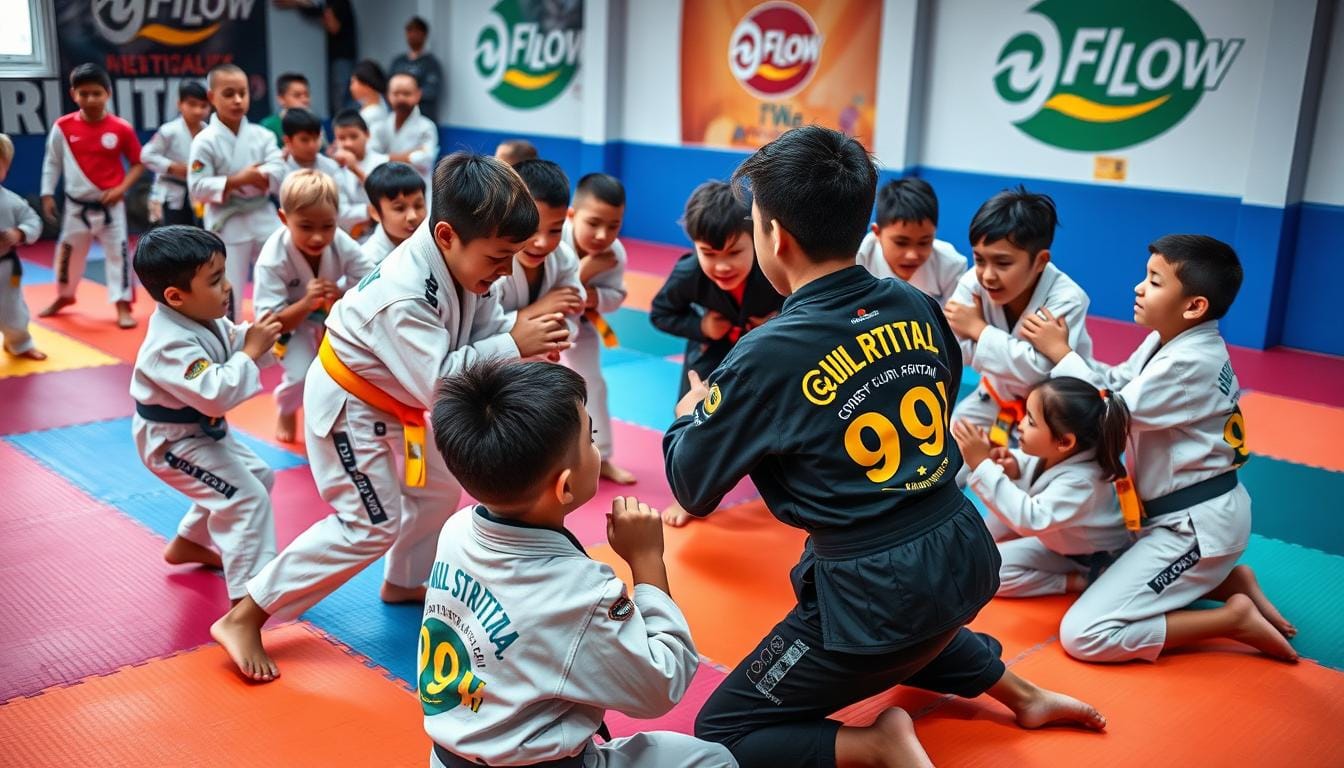
Brazilian Jiu-Jitsu (BJJ) is much more than just a martial art or self-defense system. Originating from the early 20th century and developed by the Gracie family in Brazil, BJJ has become a global phenomenon that emphasizes leverage, technique, and strategy over brute force. While BJJ’s physical benefits are widely recognized—enhanced strength, flexibility, and cardiovascular health—its impact on mental resilience and psychological growth is equally profound. Mental Resilience Through BJJ offers valuable tools for overcoming adversity, building strength of mind, and fostering personal growth.
At its core, Brazilian Jiu-Jitsu is a practice of problem-solving under pressure. The art forces practitioners to face adversity in the form of an opponent, teaching them to remain calm, focused, and adaptive, even when confronted with physically or mentally challenging situations. This mirrors the challenges encountered in everyday life, making BJJ not just a workout but a mental conditioning tool that strengthens resolve, fosters adaptability, and promotes a growth mindset. Let’s explore in depth how BJJ builds mental resilience and helps individuals overcome obstacles both on and off the mat.
The Psychology of Brazilian Jiu-Jitsu: Mental Fortitude Through Adversity
One of the primary ways BJJ builds mental resilience is through its unique approach to facing and overcoming adversity. In every training session, practitioners encounter resistance in the form of sparring partners, known as ‘rolling.’ The purpose of rolling is to simulate real-world situations where one must defend against an opponent’s attack while trying to gain a dominant position or submit the opponent. This constant push-and-pull dynamic creates a high-pressure environment, where quick thinking, composure, and adaptability are crucial. Mental Resilience Through BJJ empowers practitioners to thrive under pressure, stay calm in adversity, and continuously grow through challenges.
For beginners, the experience of being “submitted” or forced into uncomfortable positions can feel overwhelming. There are moments when tapping out (signaling defeat) becomes necessary, and these moments can trigger feelings of frustration, helplessness, or self-doubt. However, it’s precisely in these moments of discomfort that BJJ teaches valuable life lessons. Learning to stay composed under pressure, to fail and try again, and to approach each roll as a learning experience builds mental toughness.
In BJJ, failure is not only expected but embraced. The process of repeatedly failing and adjusting one’s technique mirrors life’s challenges. On the mat, practitioners quickly learn that being dominated or submitted by an opponent isn’t a personal defeat but an opportunity to learn. This teaches the concept of “failing forward,” where every setback is a stepping stone toward progress. Over time, this mentality permeates other areas of life, helping individuals adopt a more resilient and growth-oriented mindset.
Maybe you like this too:
The Gladiators’ Diet: Parallels with Veganism and Its Implications for Modern Nutrition
Discover the surprising connection between the gladiators’ diet and veganism,…
The Evolution of Surfing: A Comprehensive Guide
Welcome to the journey through surfing’s history. This sport has…
Healthy Vegan Fats: Your Guide to Plant-Based Oils
Explore the best healthy vegan fats and discover plant-based oils…
The Benefits of Jiu-Jitsu for Kids: A Parent’s Guide
Discover how Jiu-jitsu for kids can boost confidence, enhance discipline,…
Problem-Solving and Strategic Thinking
BJJ is often referred to as a “physical chess game,” as it requires strategic thinking, planning, and anticipation. Each position, submission, or escape attempt is met with counter-attacks and defenses, creating an ongoing mental challenge that forces practitioners to think several steps ahead. Unlike other combat sports that may rely heavily on brute strength or speed, BJJ emphasizes the importance of technique, leverage, and timing. This means that even smaller, physically weaker individuals can overcome stronger opponents through superior strategy and technical skill.
The problem-solving aspect of BJJ is deeply intertwined with mental resilience. When faced with a physically dominant opponent, it’s easy to feel overwhelmed or trapped, but BJJ teaches practitioners to stay calm and seek solutions. In many cases, this involves slowing down, conserving energy, and waiting for the right moment to act rather than reacting impulsively. This approach translates directly into real-life problem-solving skills, where staying composed and thinking critically often leads to better outcomes than rushing or panicking.
Moreover, BJJ encourages adaptability. Every roll is different because every opponent is different—each with unique strengths, weaknesses, and strategies. This unpredictability forces practitioners to constantly adapt and refine their techniques, rather than relying on a fixed set of moves. In life, the ability to adapt to changing circumstances, remain flexible in the face of uncertainty, and stay focused on long-term goals are all key components of mental resilience. Mental Resilience Through BJJ teaches the importance of staying flexible, refining strategies, and embracing change both on and off the mat.

The Role of Ego in Mental Resilience
One of the most important aspects of mental resilience in BJJ is learning to manage and control one’s ego. In a martial art where losses are frequent and inevitable, the ego can easily become a source of frustration and discouragement. For many beginners, the experience of being repeatedly submitted by more experienced or physically stronger partners can bruise their ego and lead to feelings of inadequacy. However, BJJ teaches that letting go of the ego is essential for growth. Mental Resilience Through BJJ emphasizes the importance of humility and the ability to learn from every experience, turning setbacks into opportunities for personal development.
The phrase “leave your ego at the door” is a common mantra in BJJ academies, emphasizing the idea that progress in the art is not about winning every match but about learning and improving. Practitioners who allow their ego to dominate their mindset often find themselves getting discouraged by failure or becoming overly aggressive, which hinders their ability to learn. On the other hand, those who embrace a humble attitude are more open to feedback, willing to make mistakes, and ultimately, more resilient in the face of challenges.
By teaching individuals to control their ego, BJJ fosters emotional intelligence and mental flexibility. Practitioners learn to focus on the process rather than the outcome, understanding that losses and setbacks are part of the journey. This mindset not only helps build resilience on the mat but also equips individuals with the emotional tools needed to handle criticism, failure, and adversity in other areas of life.
Physical Exhaustion as a Mental Challenge
Physical exhaustion is another aspect of BJJ that contributes to building mental resilience. Rolling can be physically taxing, particularly during long training sessions or intense matches. As practitioners become fatigued, it becomes more difficult to think clearly, maintain proper technique, and avoid mistakes. This creates a mental challenge in addition to the physical demands of the sport.
Pushing through physical exhaustion requires mental toughness. Practitioners must learn to stay focused and disciplined, even when their bodies are telling them to give up. This process of pushing through physical and mental barriers helps develop a greater capacity for endurance and perseverance. It also reinforces the idea that discomfort is temporary and can be overcome with determination and focus.
In this sense, BJJ teaches the importance of delayed gratification. Immediate relief from fatigue or discomfort may seem appealing, but those who push through the challenge and continue rolling despite their exhaustion often experience significant breakthroughs in their skill development. This lesson applies to life as well—many of the most rewarding achievements require patience, hard work, and the ability to endure temporary discomfort in pursuit of long-term goals.

The Role of Community and Support in BJJ
Another critical element of mental resilience in BJJ is the sense of community that comes with training. BJJ academies are often tight-knit groups where practitioners support and encourage one another. This camaraderie helps create an environment of mutual respect and trust, where individuals feel comfortable pushing their limits and embracing failure as part of the learning process.
Having a supportive community is essential for building resilience. Training with partners who challenge but also encourage one another creates a positive atmosphere where individuals are motivated to keep improving, even when the going gets tough. The relationships formed on the mat often extend beyond training sessions, providing a source of emotional support and accountability that helps practitioners stay committed to their goals.
In addition to the social support, BJJ also fosters mentorship. Experienced practitioners, often called “higher belts,” guide and help newer students, passing down knowledge and providing encouragement. This mentorship relationship helps newer students navigate the challenges of the sport, offering insights on how to handle difficult situations and building their confidence in the process. The reciprocal nature of these relationships—where higher belts also learn from teaching lower belts—reinforces the sense of community and mutual growth.
Overcoming Plateaus and the Long Journey of Mastery
BJJ is a journey of continuous learning, and one of the greatest mental challenges practitioners face is dealing with plateaus in their progress. It’s not uncommon for students to feel stuck at certain points in their training, where they aren’t seeing the same rapid improvement they experienced early on. This can lead to frustration and self-doubt, but it’s also an opportunity to build mental resilience.
Overcoming plateaus requires patience, self-reflection, and persistence. Practitioners must learn to adjust their expectations and recognize that progress is not always linear. Instead, improvements often come in waves, with periods of stagnation followed by breakthroughs. Learning to trust the process and stay committed even when progress seems slow is a key aspect of mental toughness in BJJ.
Furthermore, the long road to mastery in BJJ—where it can take years, or even decades, to achieve a black belt—teaches the importance of long-term commitment and perseverance. In a world where instant gratification is often expected, BJJ stands as a reminder that true mastery requires time, effort, and a willingness to push through challenges. This mindset helps practitioners develop a deep sense of resilience, not just in their training but in all aspects of life.
Conclusion
Brazilian Jiu-Jitsu is far more than a physical martial art—it is a mental discipline that fosters resilience, adaptability, and personal growth. Through its unique combination of problem-solving, strategic thinking, and physical challenges, BJJ teaches practitioners how to stay calm under pressure, embrace failure as a learning opportunity, and persevere through adversity. By learning to manage the ego, push through exhaustion, and overcome plateaus, individuals build mental toughness that extends far beyond the mat.
For anyone seeking to strengthen their mental resilience, BJJ offers a powerful and transformative practice. Whether facing challenges in personal, professional, or academic life, the lessons learned in BJJ provide the tools needed to approach obstacles with confidence, patience, and unwavering determination.




